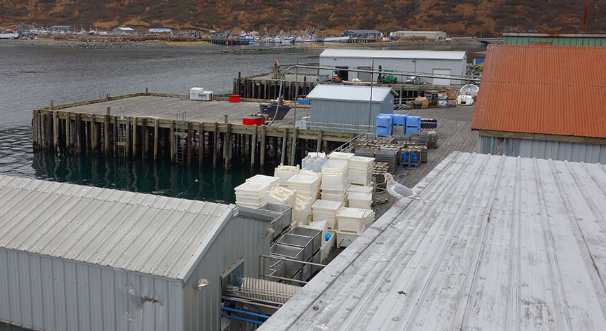ANCHORAGE, AK — The Alaska Department of Environmental Conservation (DEC) is expanding testing for gamma radiation in Alaska seafood through funding from the U.S. Food and Drug Administration (FDA). The expansion includes collecting more samples, in more locations, and testing additional species to evaluate for gamma radiation and potential local environmental contaminants.
“Alaskans were understandably concerned when news sources reported last week that the Government of Japan plans to release treated radioactive water from the Fukushima nuclear plant in two years,” said DEC Commissioner Jason Brune. “Over 50 percent of our nation’s seafood comes from Alaska’s waters and we want to re-assure markets that this resource is of the highest quality.”
DEC has been monitoring for radiation in Alaska seafood since 2014 when it was projected that the contamination from the 2011 Fukushima incident would reach the west coast of North America.
“To date, we have not detected any radionuclides associated with Fukushima, and going forward we will be expanding radiation testing to further ensure these products are safe,” said State Veterinarian Dr. Bob Gerlach.
The Department’s Environmental Health Laboratory has the only Portable Gamma-ray Analysis System deployed to a state laboratory in the country. Using FDA standard analytical methods, no detectable levels of gamma radiation have been found in Alaska’s fish since testing began. DEC has proactively monitored for contaminants in Alaska seafood since 2001, and the results of these tests, including the gamma radiation testing, has confirmed the quality and health of Alaska seafood.
- DEC Fukishima radiation analysis
- Alaska-specific Fukushima-related radiation exposure information from the DHSS
- DEC Fish Monitoring Program
[content id=”79272″]







